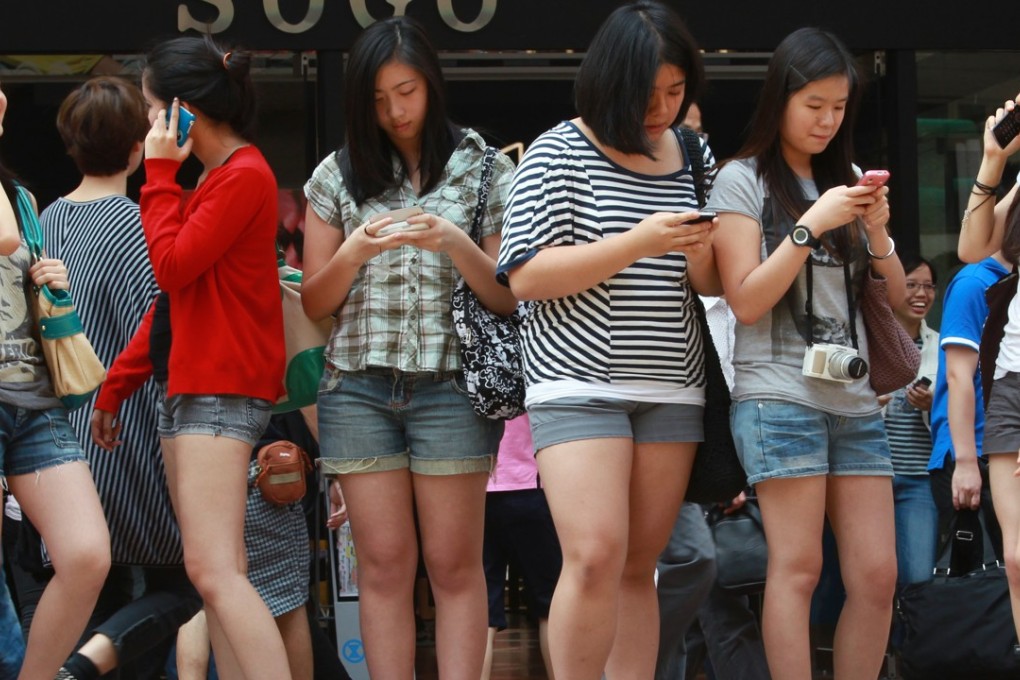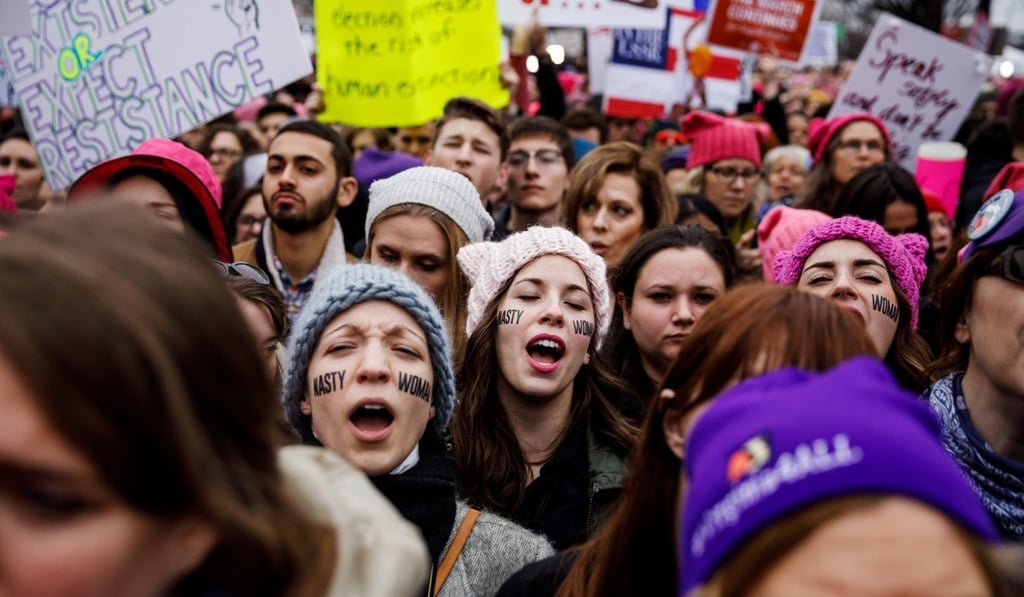Millennials are just misunderstood, and divisive coverage is not helping
Kelvin Lee says media and social stereotypes of Gen Y only deepen the generation gap, when it can be easily bridged with dialogue and empathy

It is possible to make fun of millennials over almost anything these days. Take Tim Gurner, an Australian millionaire property mogul who recently took millennials to task. His preferred “angle”? Avocado toast. “When I was trying to buy my first home, I wasn’t buying smashed avocado for 19 dollars and four coffees at four dollars each,” He told Australia’s 60 Minutes. If only that “avocado money” could buy you a flat.
Here’s the latest brag for Chinese millennials: a selfie at the North Pole
But just what is a millennial? While “young people” might seem like an intuitive answer, it might not be precise enough. According to researchers Neil Howe and William Strauss, millennials are people born between 1982 and 2004, aged anywhere between 12 and 35. This roughly 20-year difference in age means that while the oldest among us might very well have married and had children, the youngest are just getting started in secondary school.
Characterisations of ‘millennials’ are just broad-stroke stereotypes that hold little truth
Not many will disagree that today’s 13-year-old and 35-year-old have had vastly different upbringings. When the 35-year-old was born in 1982, Hong Kong was still under British rule, personal computing was still in its infancy, and Madonna was still a thing.
The cultural, economic and political shifts in this 20-year window mean that characterisations based on the age group of millennials are just broad-stroke stereotypes that hold little truth, and that social commentaries blaming millennials for killing anything, from cinemas to department stores, are, in reality, intellectually lazy arguments that oversimplify social phenomena.
Indeed, “Gen Y” is not the first generation to be at the receiving end of these unfair, ageist comments – New York magazine dubbed the ’70s the “Me Decade”, while Time later likened the 20-something Gen X’ers to Madonna’s hit song Vogue, noting they know how to “strike a pose”, so implying their superficiality. But with online journalism and the media’s incessant need for clicks, coverage these days has only grown more whimsical in tone and outlandish in content.
